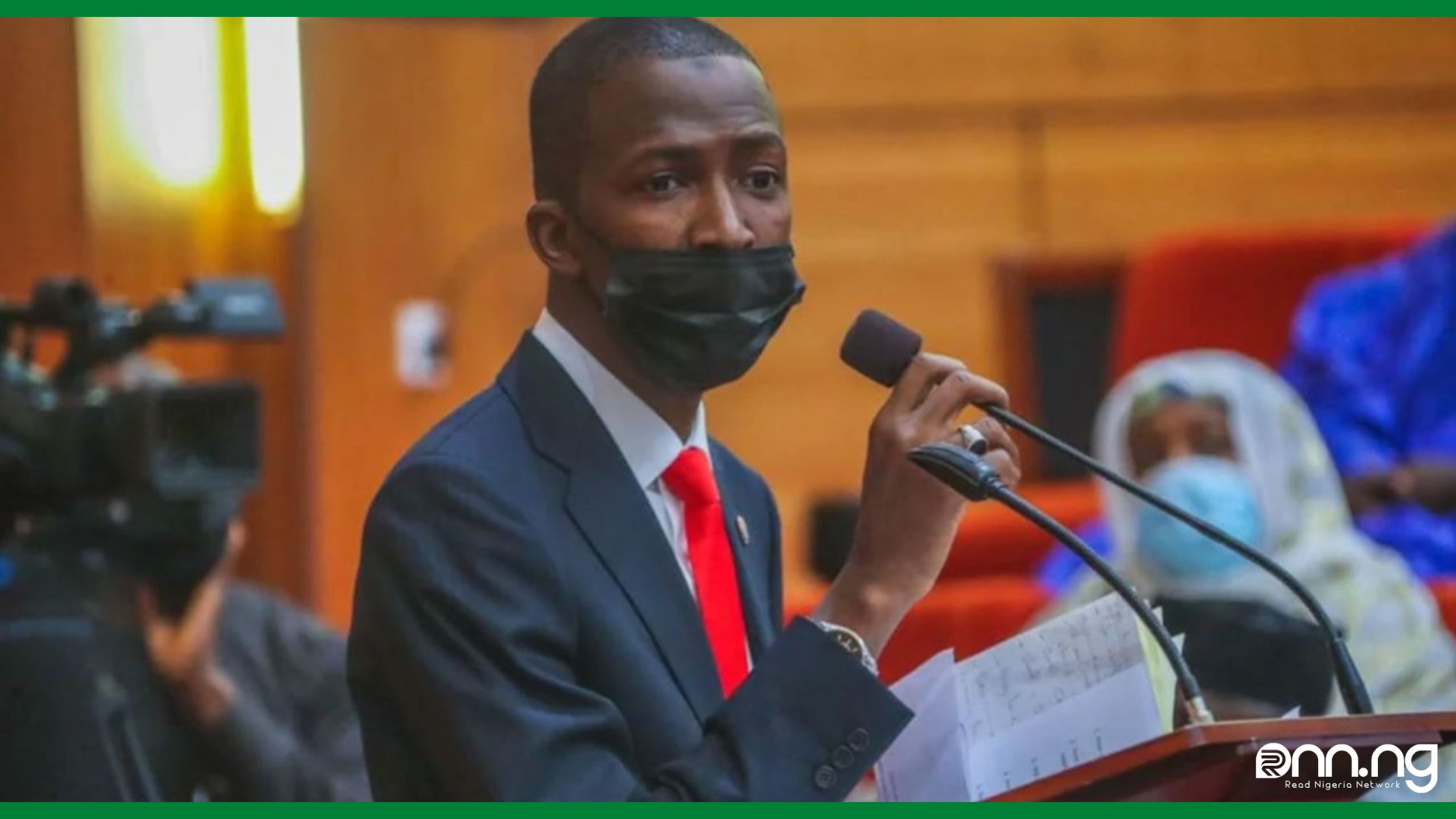Politics
EFCC records 3,440 convictions in 2022- Bawa laments

The Economic and Financial Crimes Commission (EFCC) Chairman, Abdulrasheed Bawa, revealed Wednesday that the organization has 3,440 convictions for financial and cybercrimes nationwide from January to November 2022.
In Kano yesterday, the Kano Zonal Commander of the EFCC, Farouk Dogondaji, spoke on behalf of the commission’s chairman and shared this information with journalists as part of a one-day workshop on financial crimes reporting.
As the general election in 2023 draws near, Bawa added, the commission would seek to guarantee that the Electoral Act is adhered to.
According to him, “In terms of prosecution of cases in court, I am glad to inform you that between January and November 25 this year, the EFCC has recorded 3,440 convictions. The potential for improvement is good as more ongoing cases are concluded in the remaining four weeks of the year.
READ ALSO: EFCC sets to rehabilitate ‘Yahoo boys’ convicted in Nigeria
“Remarkable as this feat is, we are not resting on our laurels. We believe there is still a lot to be done, which is the reason we are actively seeking the support of all stakeholders, including the media.
“On our part, we are working in close collaboration with the Independent National Electoral Commission (INEC) and other stakeholders to preserve the integrity of the electoral process. We will ensure that the Electoral Act is fully enforced and those who seek to influence voters through financial inducement are brought to justice.”
He referred to journalists as crucial allies who are attending the training to increase their ability to support the country’s efforts to combat cyber and financial crimes.
The Deputy Director of Legal and Prosecution, Aisha Habib Tahar, provided a breakdown of both civil and criminal convictions obtained by the Kano zone of the commission when presenting her papers at the workshop on “Challenges of Prosecuting Economic and Financial Crimes in Nigeria.”
According to her, Kano State has 180 civil convictions with only one loss and 160 criminal convictions with two losses. This raises the conviction rate to almost 90%, Aisha continued.
Meanwhile, the Economic and Financial Crimes Commission (EFCC) says its investigation shows that Diezani Alison-Madueke, a former minister of petroleum resources, allegedly gave politicians $115 million to compromise the 2015 elections.
Abdulrasheed Bawa, the EFCC chairperson, said this on Wednesday at an induction retreat for new resident electoral commissioners (INEC) in Lagos.
Bawa was represented by Adukwu Michael, the chief superintendent of the anti-graft agency.
Diezani was the minister of petroleum resources from 2010 to 2015 during the administration of former President Goodluck Jonathan
Shortly before Jonathan handed over to President Muhammadu Buhari in 2015, she left the country.
The former minister is alleged to have stolen $2.5 billion from the Nigerian government while she was a minister.
She has, however, denied the allegations, while the EFCC has since commenced a process to extradite her.
The federal government had gained forfeiture of Diezani’s properties located in Banana Island Foreshore Estate, Ikoyi, Lagos, including 18 flats and six penthouses.
The EFCC chairperson’s representative said some of the monies allegedly stolen by Diezani have been recovered by the agency.
He disclosed that the anti-graft agency is focusing on how to discourage vote buying.
“The commission’s focus in election management is discouraging the use of money to influence the outcome of the election,”
“Electoral spending by politicians often leads to voter inducement and vote buying.
“Parties often induce voters with money because they lack proper and realistic policies to convince the electorate to vote them into power.
READ ALSO: EFCC and RMAFC uncover oil firms’ $205m unremitted funds
“Whenever one is induced to sell his vote, he automatically loses moral ground to challenge the corrupt tendencies of those elected.
“In the 2015 discreet investigation, the commission was able to uncover a grand plan to compromise the 2015 general election through massive cash payments to politicians.
“$115 million was paid out to politicians by former minister of petroleum resources, Diezani Alison-Madukwe, to compromise the election.
“Some of the money was recovered while many of the culprits are being prosecuted with few convictions recorded. At the heart of EFCC’s strategy to curb voter inducement is inter-agency collaboration and information sharing.
“The EFCC is complementing the efforts of other stakeholders in educating the electorate on why it is important for their votes to not be traded.
“We are working with INEC to determine and enforce provisions of the Electoral Act as it relates to the limit of campaign spending by different categories of office seekers. This is an intelligence-driven exercise.”
